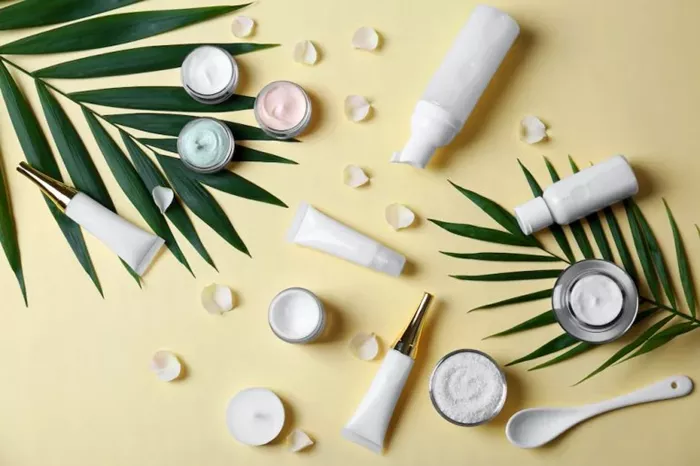Indonesia has emerged as a formidable player in the global skincare industry, matching strides with international giants, according to Rizka Andalucia, the Acting Head of Indonesia’s National Agency of Drug and Food Control (BPOM).
“We have reached a point where we can compete with South Korea. Our domestic cosmetic industry is excelling, both in terms of packaging and product quality,” Rizka stated in Jakarta on Friday.
Rizka underscored Indonesia’s significant potential in skincare product development, with a particular focus on aloe vera, a plant that thrives abundantly across the country.
“Aloe vera is plentiful in Indonesia, often growing wild and underutilized,” she noted, emphasizing the untapped potential of this natural resource.
The Indonesian skincare industry is anticipated to sustain its upward trajectory, having been identified as a priority sector in the National Industrial Development Plan (RIPIN).
“Cosmetics are a key industry alongside pharmaceuticals and food,” Rizka explained.
Indonesia’s Skincare Industry Ready to Compete with South Korea, Says BPOM
According to Expert Market Research, the South Korean cosmetics market was valued at over $17.45 billion in 2023. This market is projected to grow at an annual rate of 5.4% from 2024 to 2032, reaching $28.02 billion by 2032.
Meanwhile, Indonesia’s cosmetic industry is making significant strides. BPOM data indicates that the number of cosmetic companies in Indonesia rose from 913 in 2022 to 1,010 in 2023. The national cosmetics industry has also made its mark in the export market, with cumulative exports of cosmetics, fragrances, and essential oils totaling $770.8 million from January to November 2023.
Among the products produced by Indonesian cosmetic companies, personal care leads the market with a volume of $3.18 billion in 2022, followed by skincare at $2.05 billion, cosmetics at $1.61 billion, and fragrances at $39 million.
The national market size is projected to reach 467,919 products in 2023, marking a tenfold increase over the past five years.
Moreover, sales of personal care and cosmetics have surged in recent years, fueled by the rapid expansion of e-commerce in Indonesia. From 2018 to 2022, personal care and cosmetics consistently ranked among the top three sales categories on marketplaces, with transaction values reaching Rp 13,287.4 trillion and transaction volumes of 145.44 million.
Data from the National Industrial Information System shows that the cosmetics industry employed 59,886 people as of 2022.
Rizka’s remarks highlight a growing confidence in Indonesia’s ability to compete on the global stage, driven by innovation, quality, and a deep understanding of local resources and market dynamics.
Related topics:
Injectable Moisturisers: A Deeper Look into Hydrating Skincare
7 Best Countries for Rhinoplasty Surgery
Asaya Raises Rs 12 Crore in Funding to Expand Melanin-Centric Skincare


